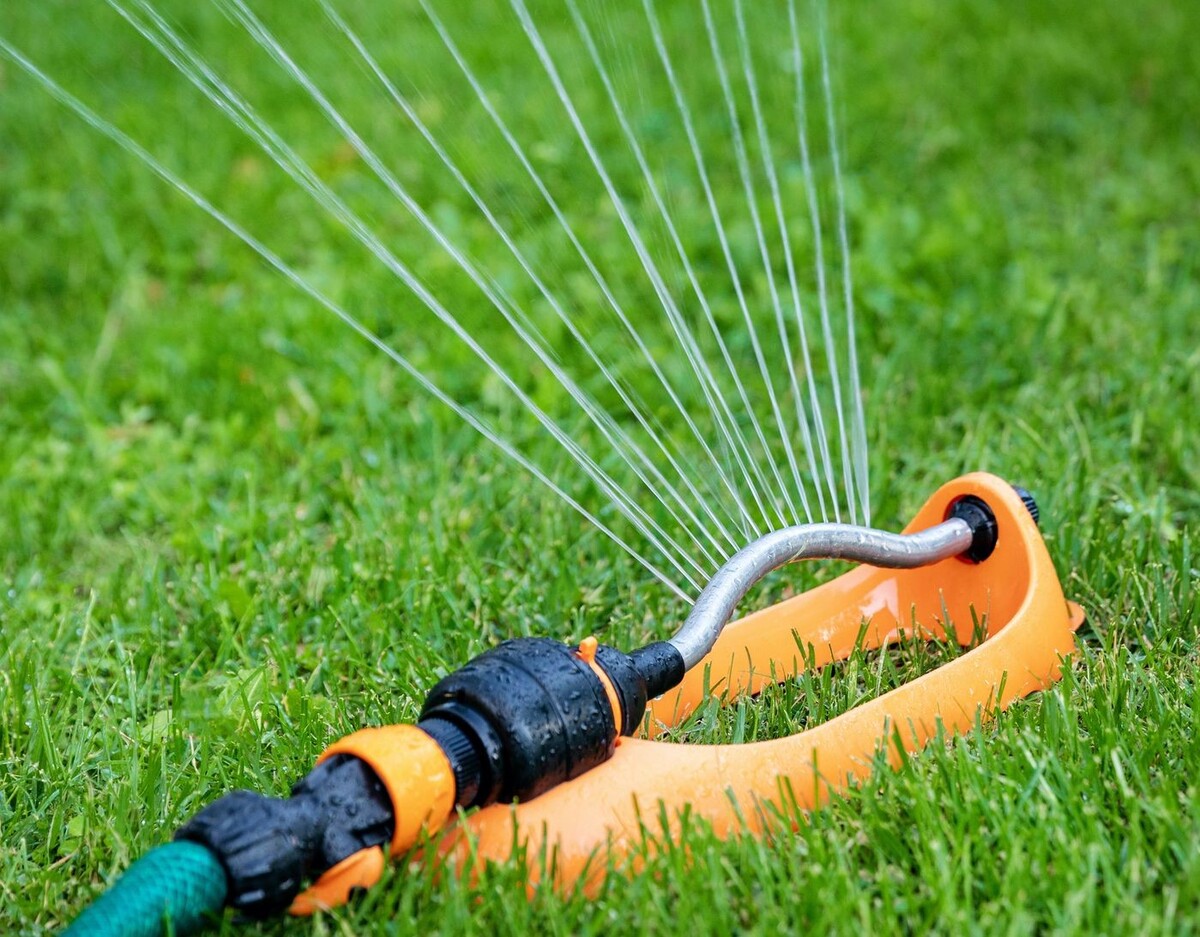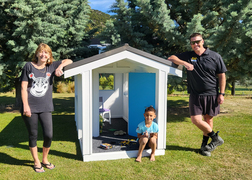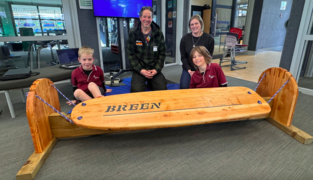Council urges water conservation

22 December 2024, 4:04 PM
 QLDC is asking residents and visitors to use water wisely this summer.
QLDC is asking residents and visitors to use water wisely this summer.Residents and visitors to the Queenstown Lakes District are encouraged to save water this summer, suggesting simple changes to make a big difference in the face of hot and dry weather likely over the next few months.
Queenstown Lakes District Council (QLDC) infrastructure operations manager Simon Mason said water consumption historically skyrockets over the Christmas and New Year period, and demand was already starting to steadily increase this month.
“As temperatures increase and the amount of rain we’re getting drops away, more people turn to the sprinkler to keep that lawn lush and green, they spend more time keeping the garden hydrated, or the hose is blasting in the backyard for kids to play with on sunny afternoons,” Simon said.
“Water is a limited and precious resource, but how we’re using the water we’ve got can become unsustainable very quickly in summer, putting our supplies at risk in the event of an emergency and potentially leading to temporary water restrictions if the network comes under enough strain.”
Queenstown Lakes is one of the biggest water consumers in New Zealand with individuals using an average of 501 litres per day, which is estimated to be more than double the national average.
Simon said there were plenty of quick and easy things to do at home to help reduce water usage.
The biggest water saving efforts at home can be made when watering lawns or gardens, with residents encouraged to consider reducing their use of sprinklers or irrigation, and only watering late at night.
Other effective tips include saving up to 20 litres for every minute cut from time spent in the shower, and the simple act of turning off the tap while brushing teeth or shaving to save another 10 litres in the space of a minute.
Another important step is to fix water leaks around the home and to notify council of any on public land as soon as possible, helping to stop water that’s been treated, stored, and then piped across town ending up in the gutter and heading down a storm drain and straight back to the lake or river, he said.
Simon acknowledged little tweaks to how water is used might not seem like much, but collectively, enough people making one change at home would make a significant difference to the district’s water supplies.
“We live in a wonderful but very hot and dry place over the summer months, and we’re fortunate to be blessed with an abundant freshwater resource right in our backyards,” he said.
“But maintaining our water supplies isn’t simply resolved by getting more from the lake or aquifer; there is a significant cost associated with taking that water, and constructing and operating the additional infrastructure needed to treat it, store it, and deliver it to taps around the district.”
“We’ve all been or seen that person with the sprinkler blasting at midday, or the broken irrigation that’s just spent three hours watering a nearby road or footpath. It’s not the water we’ve got, it’s how we’re using it,” he said.
Residents and visitors can check out a range of tips and tricks to play their part and help save water at home here.
PHOTO: Supplied





